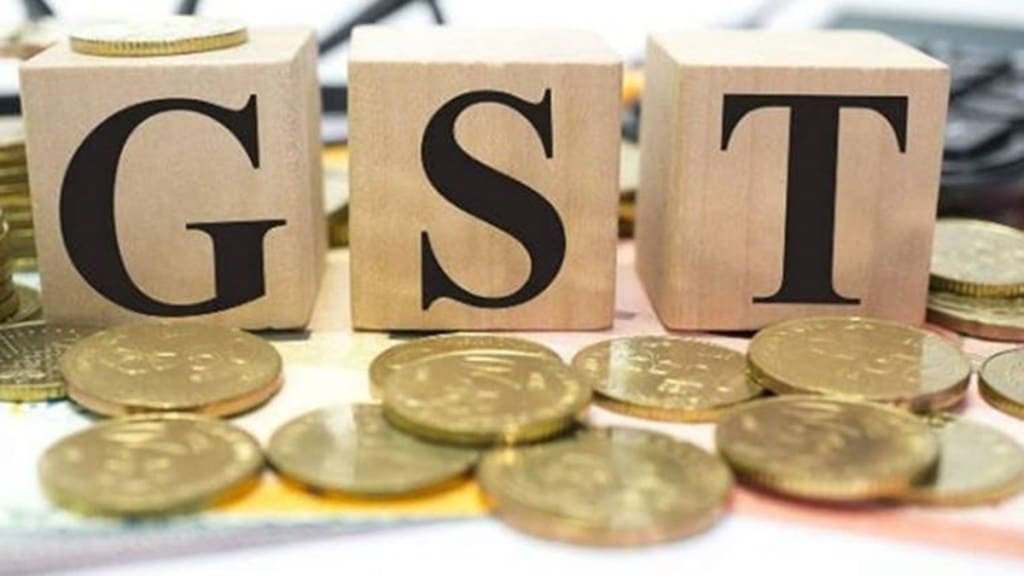The GST Council’s 50th meeting is scheduled later today. Some of the key issues that are likely to be on the agenda include Utility Vehicle definition, tightening the norms for registration and claiming input tax credit and taxation of online gaming. The Council will be chaired by Finance Minister Nirmala Sitharaman and a panel of state representatives will be attending the meeting.
Earlier in July, speaking about the importance of these meeting on GST Day, Finance Minister Nirmala Sitharaman had said, “The GST Council meetings have become the shining examples of cooperative federalism, where the Centre and States have deliberated, discussed, and decided on various complex issues to make GST more responsive and nuanced.”
Meanwhile a recemt survey by Deloitte indicated that India Inc has given a thumbs up to the progressive momentum of the GST regime on its sixth year and is also keen about pushing the second phase of reforms for ease of doing business. Respondents to the Deloitte survey acknowledged the need for introducing an amnesty scheme, essential for resolving existing tax disputes that had tied up business capital and government revenue.
Commenting on the findings, Mahesh Jaising, Partner and Leader, Indirect Tax, Deloitte India had said, “ The 22 per cent YoY growth in GST revenue is testimony to the overall economic development and tax-payer-centric administration. The survey indicates a positive impact on businesses of all sizes with Micro, Small and Medium Enterprises (MSMEs) being the biggest beneficiary of the simplified tax regime. About 88 per cent of MSME respondents have acknowledged the reduced cost of goods and services, attributing it to the improved uniformity of the GST regime.”
However, Jaising added that the survey also indicated push to dispel legislative ambiguities, “While the sentiment towards the GST regime remains positive across businesses in India, and in fact better than our survey last year, there is a push to dispel legislative ambiguities around input service distribution (ISD) vs. the cross-charge mechanism, self-supplies, and deemed valuation to ensure uniformity in the taxation system. We also found an inclination towards export rule liberalisation under the GST law with 78 per cent respondents citing it as the most-needed impetus, followed by unlocking working capital, removing ITC restrictions, and the removal of “deemed supply” provisions.”
All eyes are on the deliberations and decision later today. Watch the space for detailed coverage and highlights of the 50th GST Council meeting.
